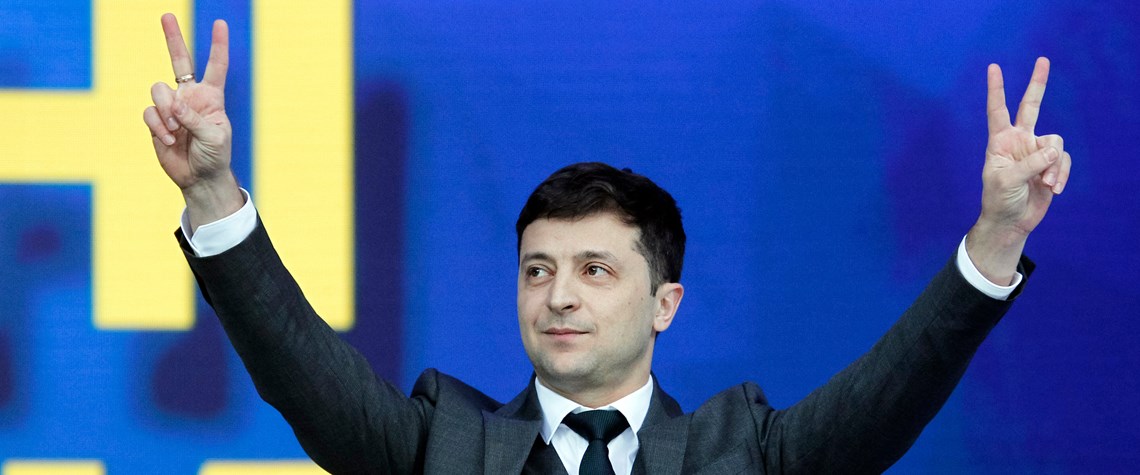Escalating tensions between Russia and Ukraine
Russian supplies to Europe via Ukraine may be heading for an interruption next year
The odds of Europe experiencing a gas supply crisis similar to the one that occurred in 2009—when Russian gas stopped flowing through Ukraine in the depths of winter—have risen sharply in recent months. Even a decade on, memories of that supply disruption remain fresh. The contract that governs transit of Russian gas through Ukraine expires on 31 December and it is looking increasingly unlikely that talks to agree a successor will bear fruit. Without such a contract in place, Russian deliveries to Europe will almost certainly stop on 1 January. The seriousness with which some stakeholders regard this prospect is evident in their preparations for it. Hungary, for example, has decided to buy a

Also in this section
17 February 2026
The 25th WPC Energy Congress, taking place in Riyadh, Saudi Arabia from 26–30 April 2026, will bring together leaders from the political, industrial, financial and technology sectors under the unifying theme “Pathways to an Energy Future for All”
17 February 2026
Siemens Energy has been active in the Kingdom for nearly a century, evolving over that time from a project-based foreign supplier to a locally operating multi-national company with its own domestic supply chain and workforce
17 February 2026
Eni’s chief operating officer for global natural resources, Guido Brusco, takes stock of the company’s key achievements over the past year, and what differentiates its strategy from those of its peers in the LNG sector and beyond
16 February 2026
As the third wave of global LNG arrives, Wood Mackenzie’s director for Europe gas and LNG, Tom Marzec-Manser, discusses with Petroleum Economist the outlook for Europe’s gas market in 2026







